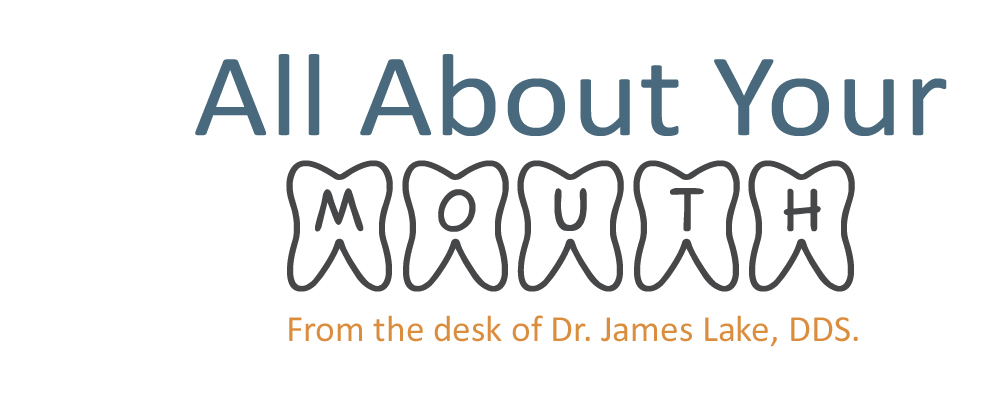 I’m very excited to announce that my wife is pregnant with our 4th child. She has been diagnosed previously with hyperemesis gravidarum, meaning she has horrible morning sickness and has difficulty staying out of the hospital for most of the pregnancy. So I’ve been taking care of her and haven’t posted in a few weeks. But I’ve been thinking a lot about how to take care of your teeth and gums when you’re pregnant. The last thing you want to worry about when your feeling sick and preparing for a baby is a toothache or a cavity.
I’m very excited to announce that my wife is pregnant with our 4th child. She has been diagnosed previously with hyperemesis gravidarum, meaning she has horrible morning sickness and has difficulty staying out of the hospital for most of the pregnancy. So I’ve been taking care of her and haven’t posted in a few weeks. But I’ve been thinking a lot about how to take care of your teeth and gums when you’re pregnant. The last thing you want to worry about when your feeling sick and preparing for a baby is a toothache or a cavity. Poor diet, frequent vomiting, acid reflux, and poor hygiene during pregnancy can all make the mouth more acidic and damage your enamel. Reducing the frequency and duration of acid attacks can help to prevent erosion, cavities, and sensitivity. It is important that you don’t brush your teeth until about an hour after vomiting or having something acidic to eat or drink. Instead put 1 teaspoon of baking soda in 1 cup of water and rinse to neutralize the acid. Brush at least twice daily with fluoride toothpaste and floss at least once daily to remove the plaque that causes cavities and gingivitis.
Altered hormone levels are a major factor in pregnancy associated gingivitis. If not controlled, gingivitis can lead to periodontitis, and has been linked to preterm delivery and low birth weight. In addition to brushing and flossing at home, you should have your teeth cleaned before and during pregnancy to control gingivitis.
It is highly recommended that you see a dentist before you become pregnant. Your dentist can discuss your current oral health, and you can work to control cavities and gingivitis. This reduces the likelihood that you will have problems during your pregnancy. If you are already pregnant, consult with your dentist as soon as possible. Having treatment during pregnancy is very unlikely to cause any problems but in general we avoid the following: x-rays not related to emergency treatment, elective treatment, or long appointments during the late third trimester.
Taking care of your teeth before and during pregnancy can actually help to ensure that your baby has healthy teeth. Cavities are an infectious, contagious, disease, and the most likely way a child will pick up the bacteria that cause cavities is from their mother. So one of the best birthday presents you can give your child is your own oral health.
Helpful links:




